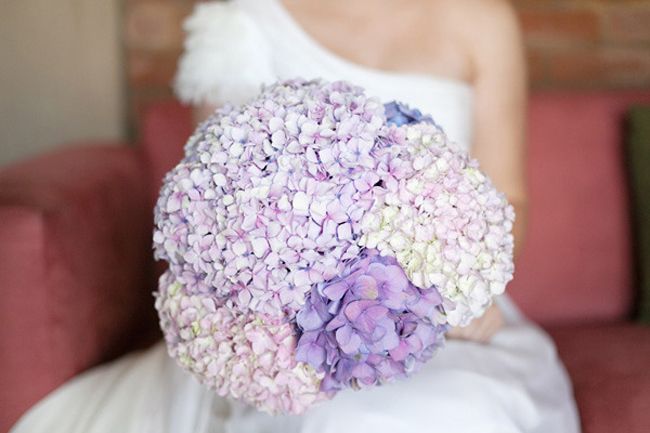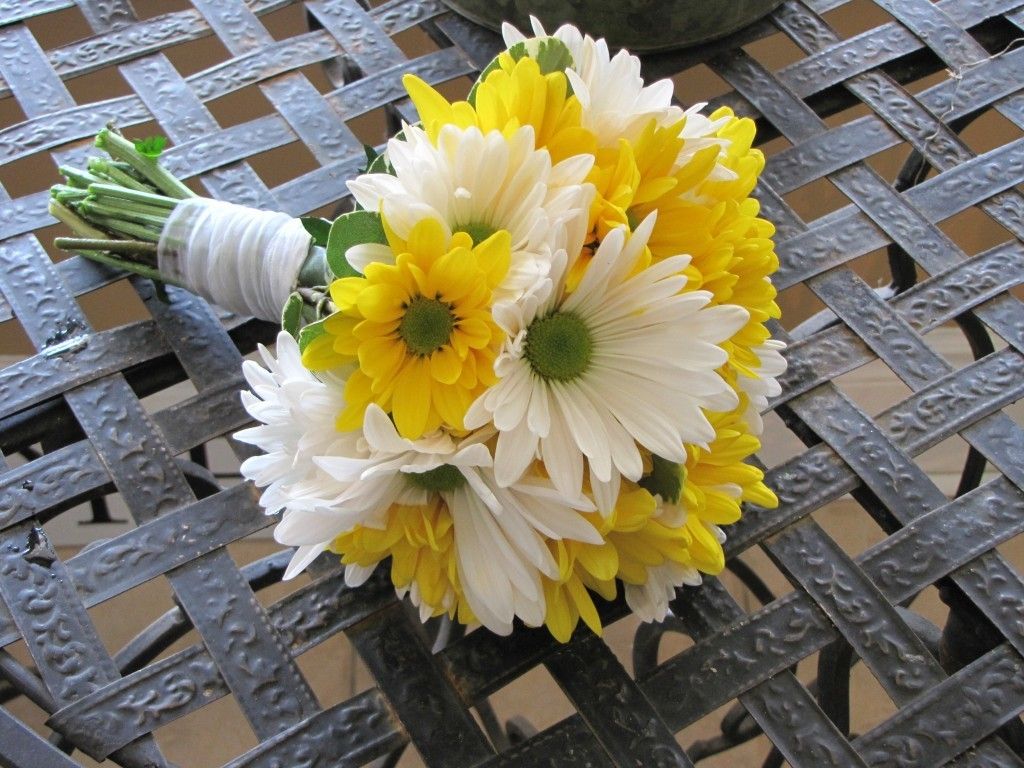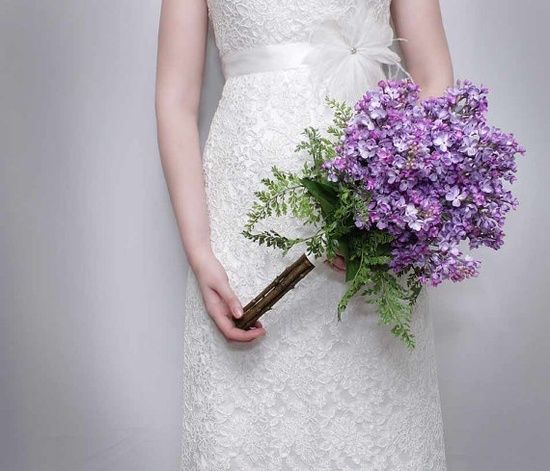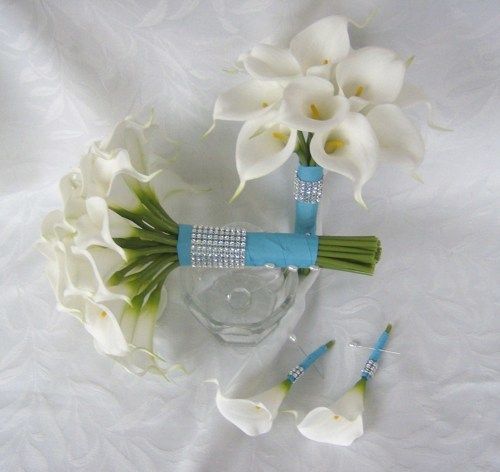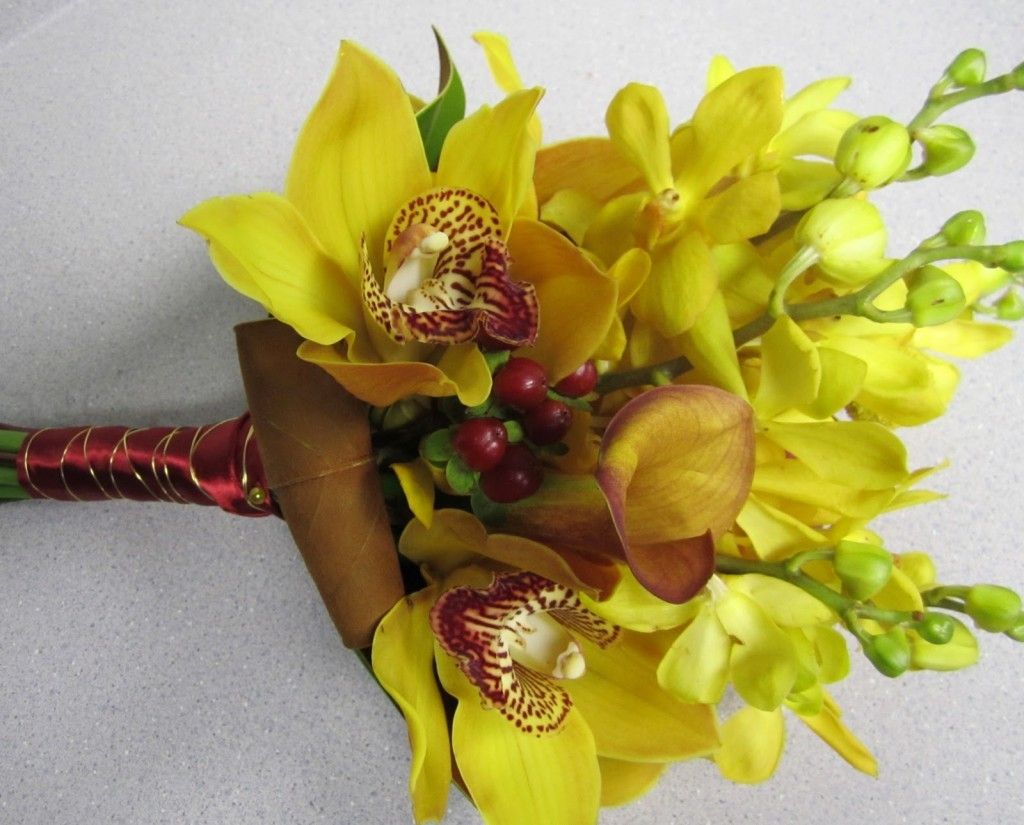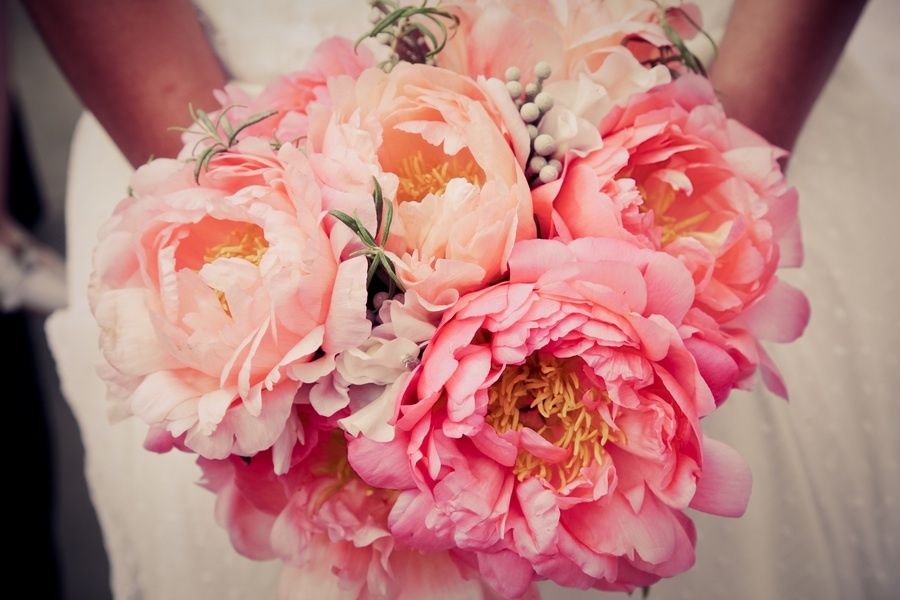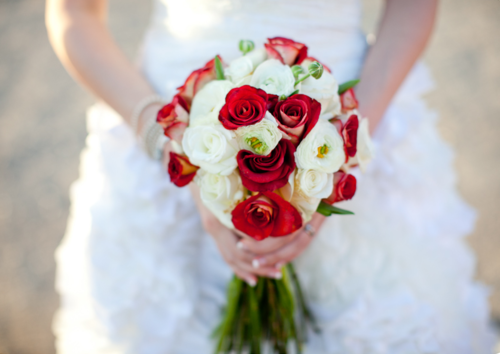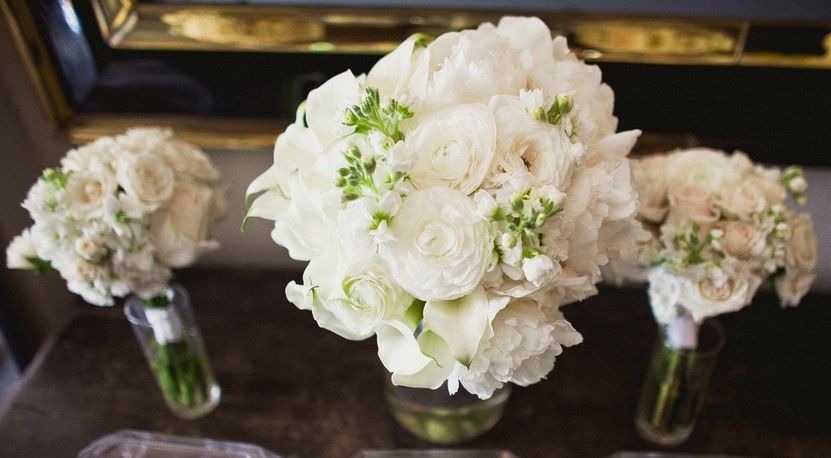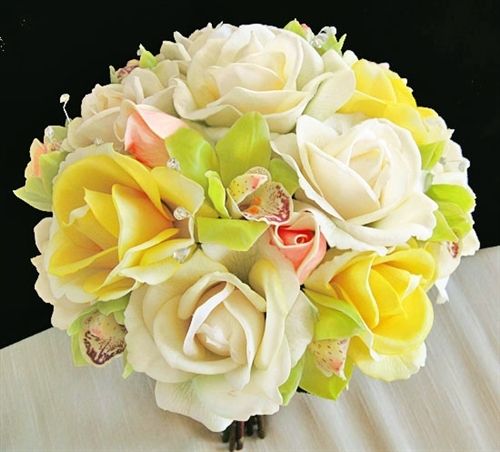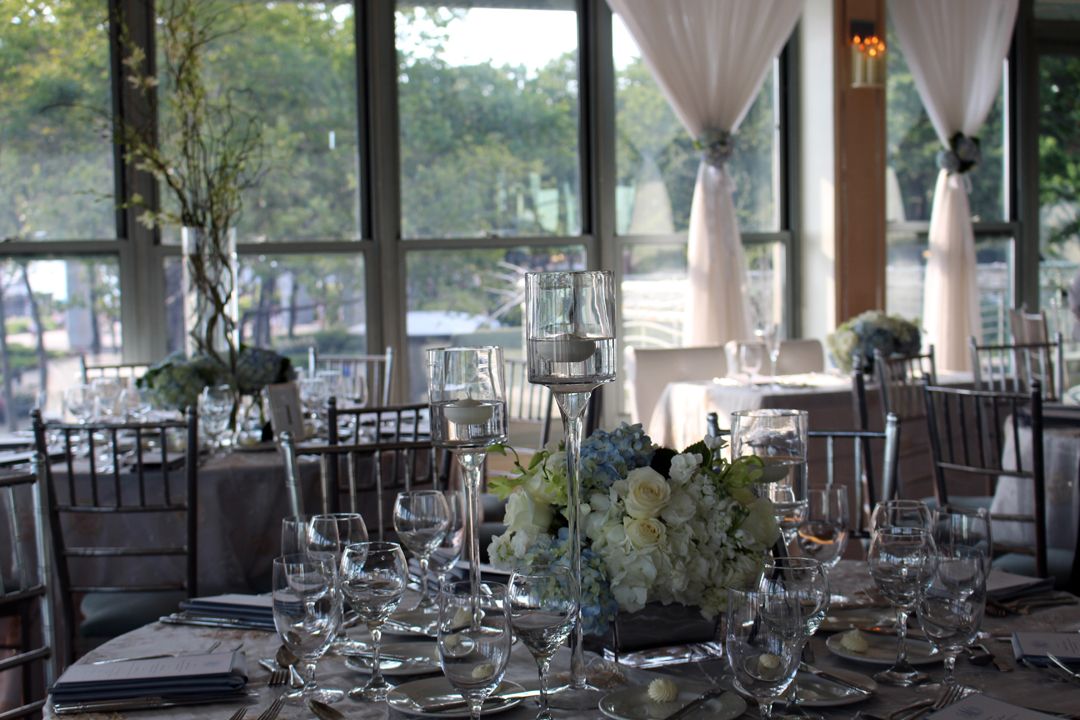Planning & Inspiration
The Traditional Meanings of Flowers That You May Not Know
Certainly wedding bouquets contain some of the most beautiful flowers in the world. This is reason enough to want to include them in your floral arrangements. You probably already know that beautiful flowers carry more weight to them than simply being aesthetically pleasing. What you may not know, however, is that some of your favorite flowers carry some intriguing meanings.
From ProFlowers.com:
The Victorian Era ushered in a time of proper etiquette among the upper class in England during Queen Victoria’s reign (1837-1901). Among the many rules and customs, there were expected behaviors that prohibited outright flirtations, questions, or conversations between others.
Although the use of flowers to convey messages had been used in Persia and the Middle East, it was during the Victorian Era and the publication of flower dictionaries explaining the meaning of plants, flowers and herbs, that the tradition began to spread throughout England. Soon it became popular to use flowers to send secretive messages. Though often portrayed to relay positive messages of interest, affection and love, flowers could also send a negative message and at times, the same flower could have opposite meanings depending on how it was arranged or delivered.
So which flowers have you selected, or are thinking of using, for your floral arrangements? If you need some ideas, you may be intrigued by what both the flower type and color can mean, and if you’d like, could consider them when making your arrangement choices. Either that, or simply create the meaning for yourself. To get you started, here are some meanings for a few common wedding floral choices:
The Hydrangea: Perseverance
The Daisy: Innocence
The Lilac: First Love
The Calla Lily: Regal
The Orchid: Delicate Beauty
The Peony: Healing
The Rose (4 Different Colors with Meanings):
Pink: Admiration/Appreciation
Red: Passionate Love
Red with White: Unity
White: Purity
Yellow: Friendship
There are so many flowers out there to select from. If you would like to learn more about the meaning of flowers, great resources include: Aboutflowers.com and Victoria Diffenbaugh’s novel “The Language of Flowers.” As Diffenbaugh says,
“Knowing what you now know about the language of the flowers, to whom would you send a bouquet and what would you want it to say?”
